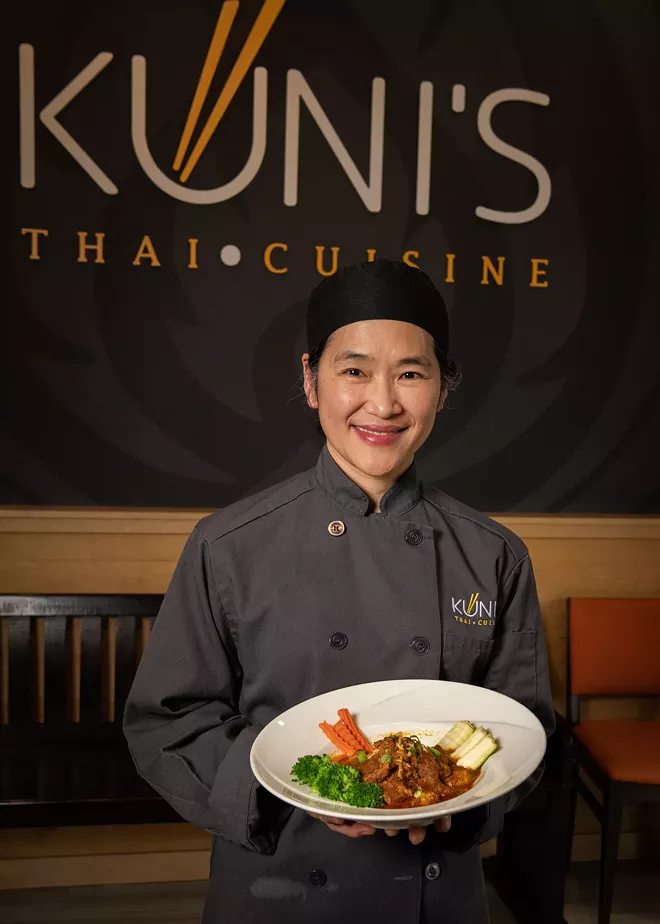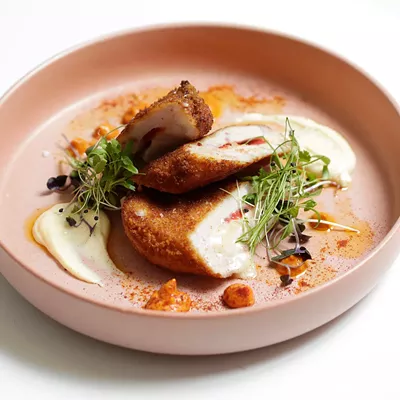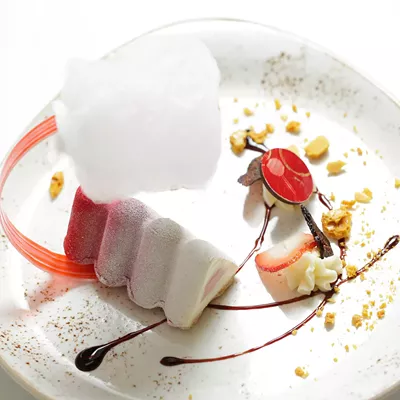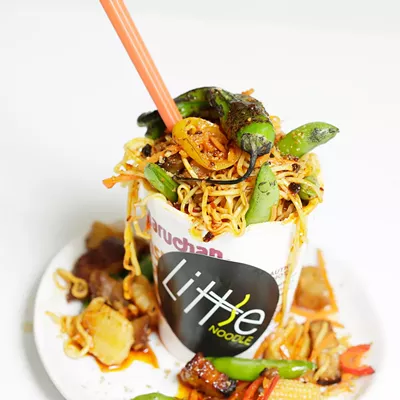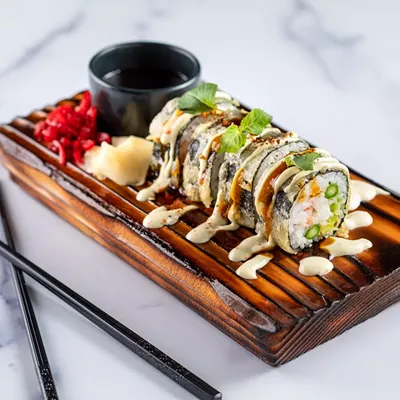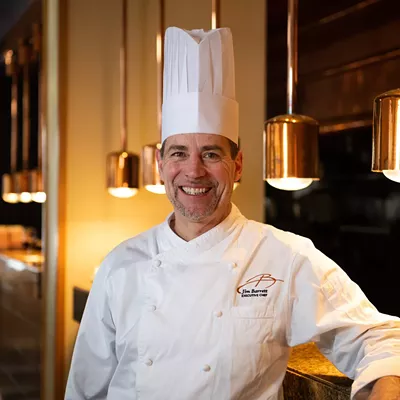Cooking has been a passion for Kuni Colliton since childhood, when she recalls always trying to learn about food, and helping her mom in the kitchen as much as possible. As the owner and chef at her North Spokane restaurant Kuni's Thai Cuisine, she does everything from prepping vegetables and training new employees to cooking her signature dishes each night. Colliton strives to make fresh and flavorful meals for guests that allows them to try new things and create memories in the process.
IRW: Why did you become a chef?
COLLITON: I like the atmosphere when families get together, and food is one thing that brings people together. So when we have good food, people enjoy it, and it makes people happy.
When I came to the U.S., I started volunteering at a lot of places to cook for them. I used to volunteer at the Women and Children's Free Restaurant, and I also cooked for my temple. And I thought, I want to have something to bring us together and also help bring families together and also help the community.
What is your culinary philosophy?
My food is pretty simple. We don't have many ingredients. So what I do, I just use salt, sugar, soy sauce — pretty simple stuff. And it makes good food.
How do you challenge yourself to stay creative in the kitchen?
We use social media, we use the internet to see what's out there and what's popular and then connect with people.
And the other thing, actually — one thing I love to do is I like to wash dishes, because one thing is, what comes back? That's the most important, too. I look at all the dishes that come back and why people don't eat it. So I go back and talk to our servers — OK, what happened, what's going on? So we make sure everything tastes good. If it's not, we find out what's wrong and we fix it.
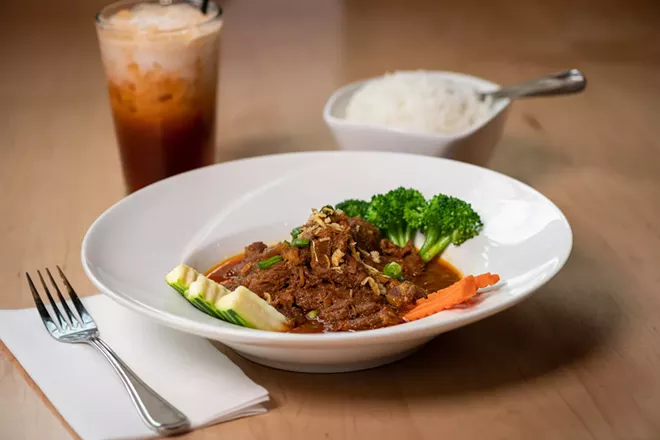
What is special about the region's culinary scene right now?
It's family oriented, I think. It's our tradition to go out once a month with the family, so we have good experiences and it's a family thing, so we enjoy it.
What are your thoughts on Inlander Restaurant Week, and what are you most looking forward to during this year's event?
We want people to know about our culture, so this time and last time we stayed with the Chiang Mai curry pork. We grew up with it, and curry pork is everywhere in Chiang Mai. I eat it almost every morning with sticky rice, that's my breakfast, so I want people to know about the experience that I had in Thailand.
Looking into the future, how do you think the hospitality industry has permanently changed in the last three years (since the pandemic), and will continue to shift?
One thing that I see changing a lot is the takeout. In Thailand, we have ingredients for [people ordering takeout] to cook at home. It's not like we cook for them, so we have fresh stuff and sauces and then they can cook at home. I think that might be the next shift, too. Maybe we'll sell only sauce, and they can buy the veggies at home.
Right now, a lot of things are expensive, you know, all of the veggies and also minimum wage has increased, so people, how can they afford to eat out a lot? So I think that if we can make the food cheaper for them and they have a good sauce or the right sauce, and then they can mix it at home like they eat at the restaurant. I think that's the future for us, too.
What's your favorite dish on your IRW menu this year, and why?
I still like my curry pork. It's an appetizer here, we serve it as an appetizer, but in Thailand we eat it as a meal. My curry pork is always my favorite, and I eat it every day.

